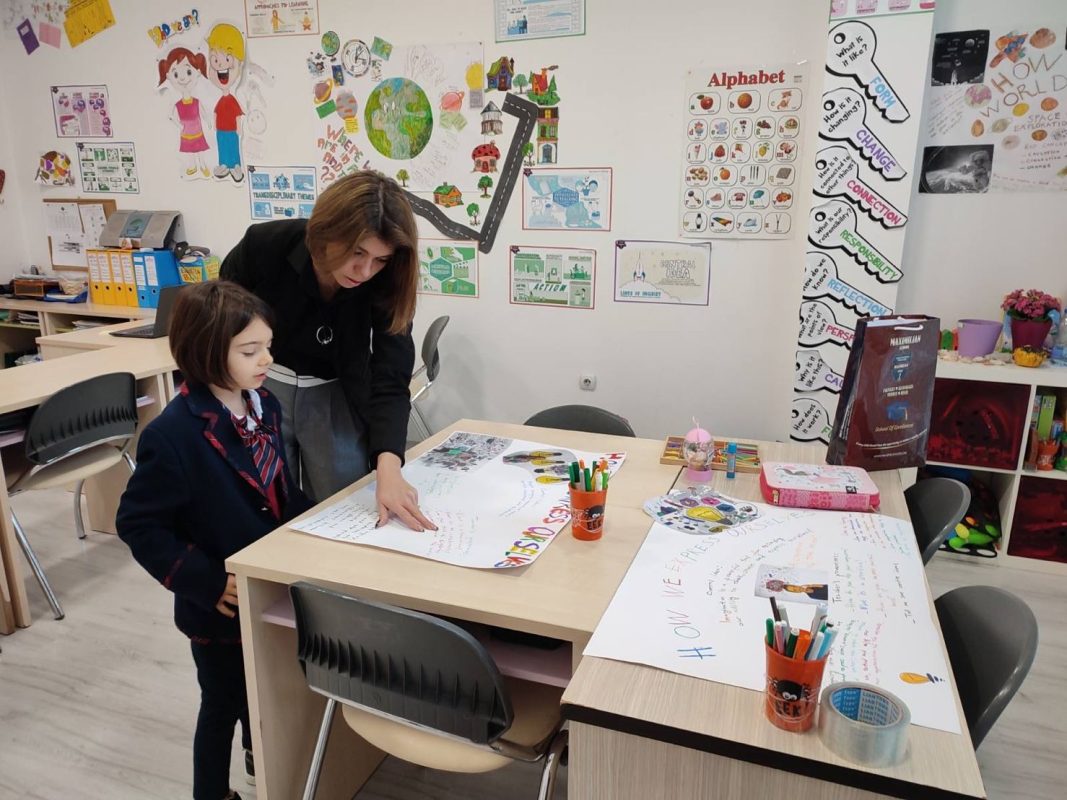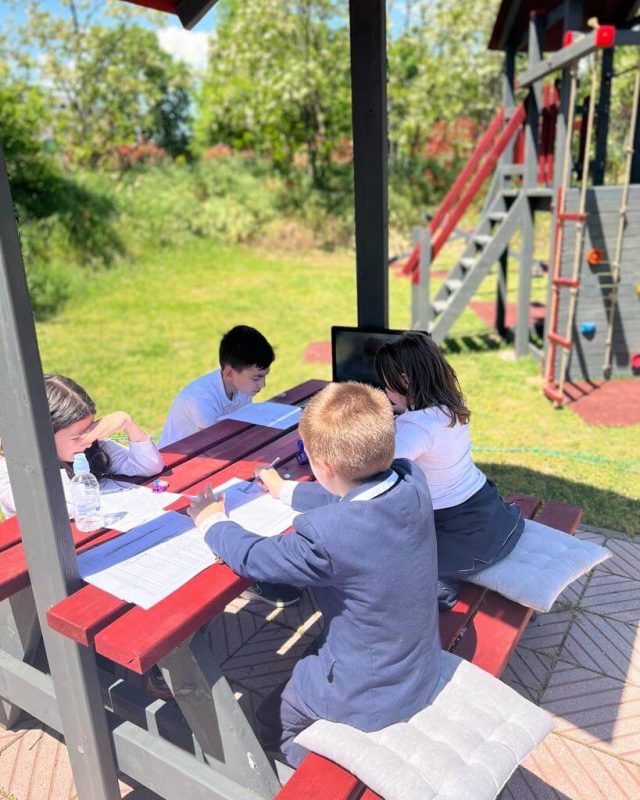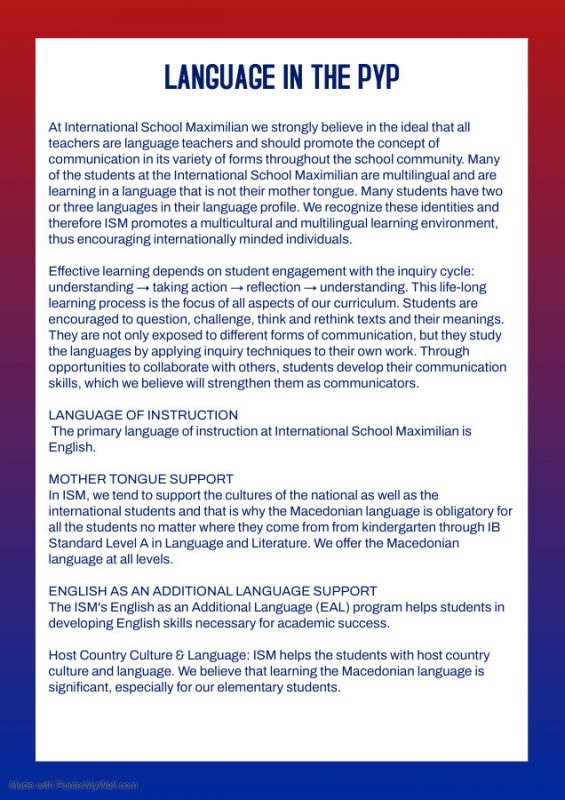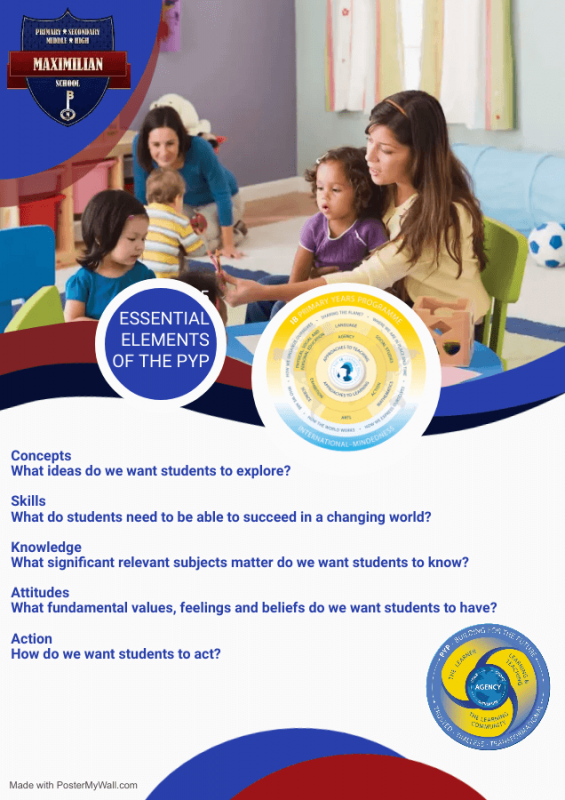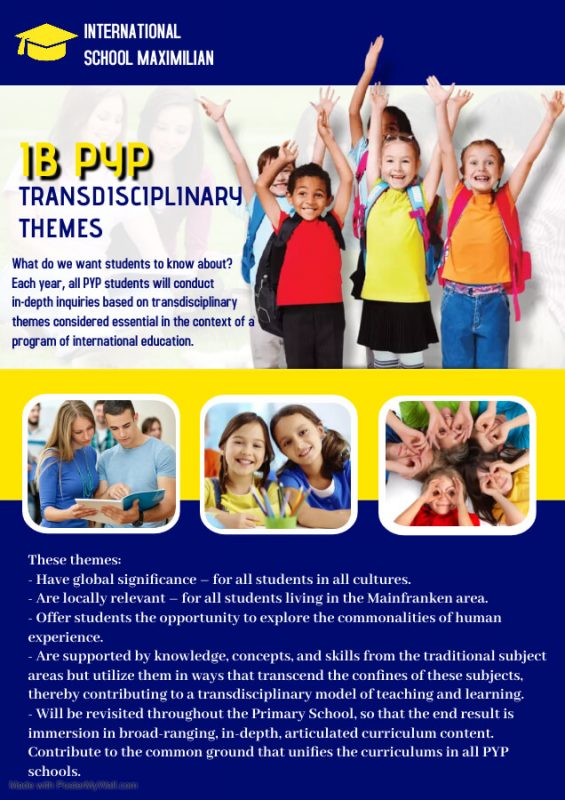Inquiry-based learning is an approach that places the learner at the center of the educational experience. It is a powerful way of engaging students and fostering a love of learning. But, how can we communicate the value and importance of inquiry learning to parents and teachers who may be less familiar with it?
In this blog post, we will explore the impact of inquiry learning and offer suggestions for sustainable resolutions that can help teachers and parents develop awareness, understanding, and appreciation for this powerful educational approach.
What is Inquiry-Based Learning?
Inquiry-based learning is an approach that involves students in asking questions, seeking answers, and making connections between different subject areas. Rather than just memorizing facts, students engage in authentic, hands-on learning experiences that encourage them to explore their interests and curiosities. This approach promotes critical thinking, problem-solving, and collaboration, as students work together to investigate real-world issues and develop solutions.
The Impact of Inquiry-Based Learning
Inquiry-based learning has a powerful impact on student learning and development. Research has shown that students who engage in inquiry-based learning are more likely to be motivated, engaged, and successful in their academic careers. They also develop a range of skills, including critical thinking, problem-solving, and collaboration, which are essential in the modern workforce.
Sustainable Resolutions for Teachers and Parents
To develop awareness, understanding, and appreciation of the powerful impact of inquiry-based learning, we need to communicate the value of this approach to parents and teachers. Here are some sustainable resolutions that can help us achieve this:
- Open Communication Channels: Encourage open communication between teachers, parents, and students. By doing so, teachers can explain the benefits of inquiry learning, while parents can share their experiences and concerns.
- Provide Resources: Provide resources that explain the value and importance of inquiry-based learning. This could be in the form of articles, books, or videos that offer insights into the impact of inquiry learning on student development.
- Engage in Professional Development: Teachers should engage in professional development that focuses on inquiry-based learning. This can help them develop a deeper understanding of the approach, and give them the tools they need to incorporate it into their teaching practice.
- Showcase Student Work: Showcasing student work is an excellent way of highlighting the benefits of inquiry-based learning. Teachers can share student projects with parents, administrators, and other educators, demonstrating the outcomes of the approach and the skills that students have developed.
Conclusion
Inquiry-based learning is a powerful approach to education that can help students develop critical thinking, problem-solving, and collaboration skills. By developing awareness, understanding, and appreciation for this approach, teachers and parents can promote its benefits and help students achieve their full potential. Let’s work together to support inquiry-based learning and ensure that every student has the opportunity to engage in authentic, hands-on learning experiences.





